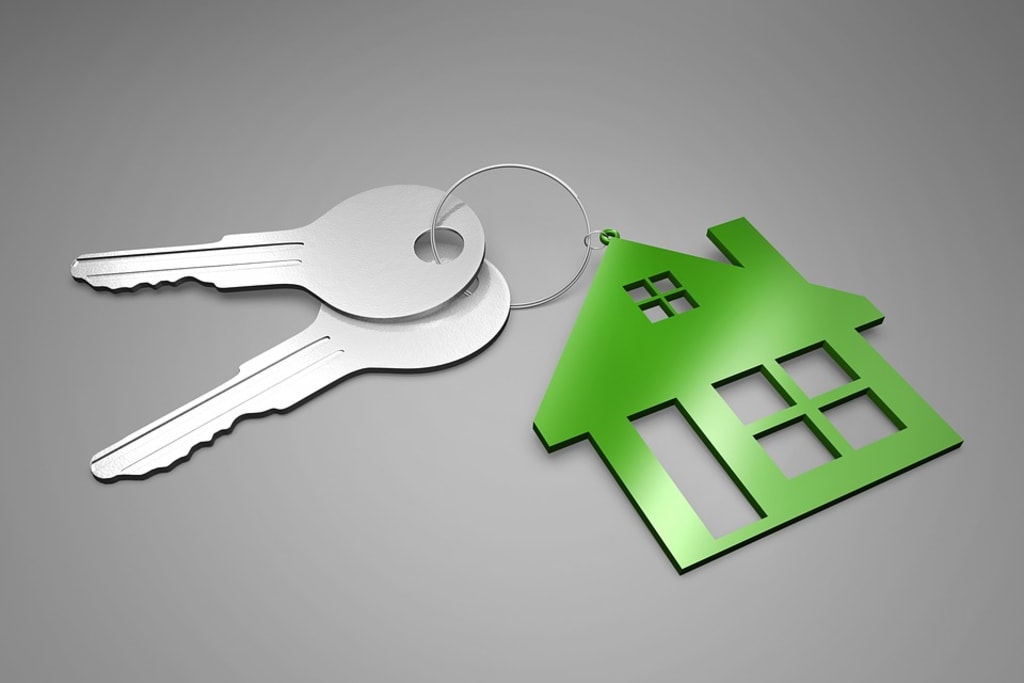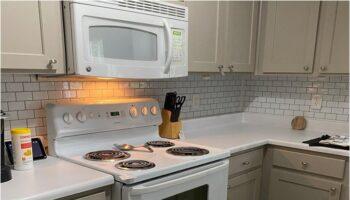Buying a home is a big decision and possibly the largest purchase of your lifetime. That’s why it’s important to know ahead of time the amount of money you’ll need initially and in the future.
Getting Started
Before contacting a real estate agent and beginning the search for a home, you need to know how much you can afford. Online lenders have calculators you can use to find the approximate price range. This will prevent you from falling in love with a home well beyond your price range.
Credit Matters
Your credit score will play a large role in buying a home. If your score is too low, you may get denied a home loan altogether. Get a copy of your credit report and review it thoroughly to make sure it’s accurate. If your score is lower than expected, raise it prior to applying for a loan with credit builder financing or an emergency loan for bad credit.
Too much debt, greater than 30% of your income can affect it considerably. Start paying down debt now by reducing credit card debt either paying off one card at a time or by taking out a consolidation loan through a reputable company.
Getting a debt consolidation loan means you now have one monthly bill to pay and the amount is lower than the total of your current credit card bills. Another plus, the interest rate will likely be lower too.
The Down Payment
Banks prefer 20% down when buying a home. A home on the market for $200,000 means you’ll need $40,000. Many people have difficulty coming up with this sum of money. That’s why it’s critical to save several years ahead of your purchase. Most lenders will accept less, 10% or even 5%, but that means a larger mortgage payment.
Factor in Closing Costs
Besides a large down payment, you’ll need several thousand dollars set aside to cover the closing costs. At a typical closing, you’ll pay things such as the home inspection, loan origination and appraisal fees, property and school taxes for the rest of the year, homeowner’s insurance, and points. If you aren’t able to put down at least 20%, you’ll also pay property mortgage insurance (PMI).
Maintaining the Home
There are many additional fees attached to owning a home. Unlike renting, you own it. That means if anything breaks and needs repairing, you pay for it. One helpful tip is to open a separate savings account set up solely for these events. Add a few hundred to your monthly budget to go directly into this account to avoid future problems.
Learn to Live Within Your Means
A house is a large undertaking. That said, it can also become an asset that benefits you in retirement. In order to sustain a mortgage and upkeep, you need to live below your means. This is especially important during the first couple of years while you adjust to the mortgage payment. If you currently eat out often, scale it back to once or twice a month. When you need to buy something, save up for it versus putting the purchase on credit and increasing your debt.
Buy a Home that Fits Your Lifestyle
It can take years to build equity from your home. That’s why it’s important to think not only about what suits you now but also in the upcoming future. For instance, if you’re a newlywed and plan on having children, buy a home with a few extra bedrooms and a large backyard. Make sure that the area has shopping, parks, and schools nearby.
A home is a decision that requires thought and preparation ahead of the purchase. If you plan to buy a home in the near future, craft a plan now. Raise your credit score, create sizable savings to cover the down payment and closing costs, and control wasteful spending.
Embed code: 
By HomeLight Homes





